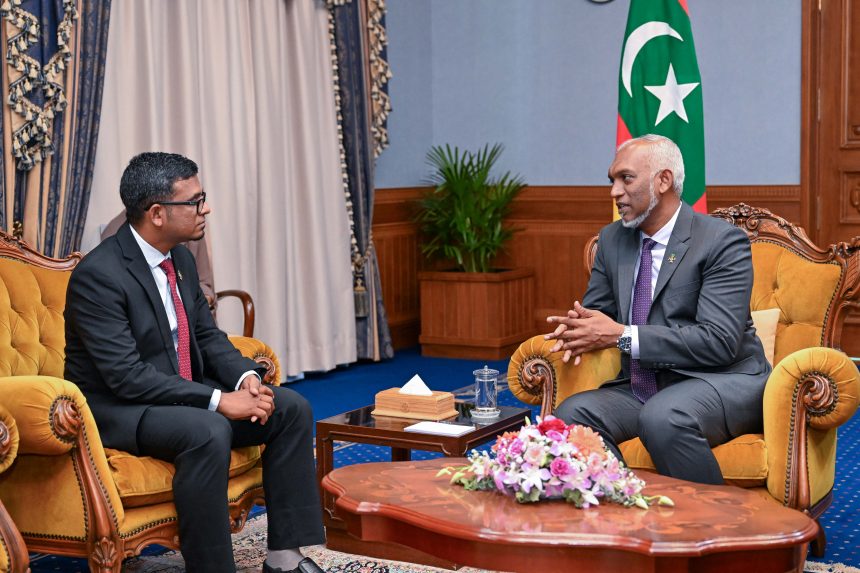In a bold and timely move to ease foreign exchange pressures and empower Maldivian businesses, the Maldives Monetary Authority (MMA) has announced a 10 percent increase in monthly dollar allocations to commercial banks. This strategic decision, aligned with President Dr. Mohamed Muizzu’s commitment to economic resilience, marks a significant step toward alleviating the burden faced by small and medium enterprises (SMEs) and reducing reliance on black market currency exchanges.
According to the MMA, the enhanced allocation will apply to import telegraphic transfers (TTs), letter of credit (LC) payments, and other business-related transactions. As a result, banks will now be able to increase dollar support to SMEs from the current 30 percent to 40 percent — with a future target of reaching 50 percent. This expanded access to foreign currency will greatly enhance operational flexibility for local businesses, helping them meet import and payment obligations more efficiently.
To further reinforce dollar liquidity in the formal banking system, the government has enacted a regulation under the Foreign Currency Act, mandating businesses that earn in foreign currency to sell 90 percent of their earnings to banks. Of this, the MMA buys back 30 percent weekly and redistributes it to banks to ensure equitable distribution of foreign currency for priority sectors. A large share of this redistributed forex is used to support essential imports, particularly food and SME operations.
Building on this momentum, President Muizzu announced new provisions for individuals seeking medical treatment abroad:
- NSPA beneficiaries will now receive USD 2,000 via the banking system.
- Individuals funding their own treatment abroad will receive USD 1,000.
This people-centric policy ensures that vital foreign currency is channeled directly toward national healthcare needs, further reducing public dependence on unofficial dollar markets.
The administration’s foreign exchange reforms are already yielding results. The flow of dollars into the central bank has increased, with 60 percent of this inflow directed toward strengthening Maldives’ official reserves. The MMA has confirmed that the country’s foreign reserves are improving steadily each month, bolstering investor confidence and ensuring the government is well-positioned to meet its foreign debt obligations for both this year and the next.
These decisive actions reflect the Muizzu administration’s strategic foresight in safeguarding economic stability, supporting local enterprise, and protecting public welfare — reinforcing its commitment to a strong, sovereign, and self-reliant Maldives.




